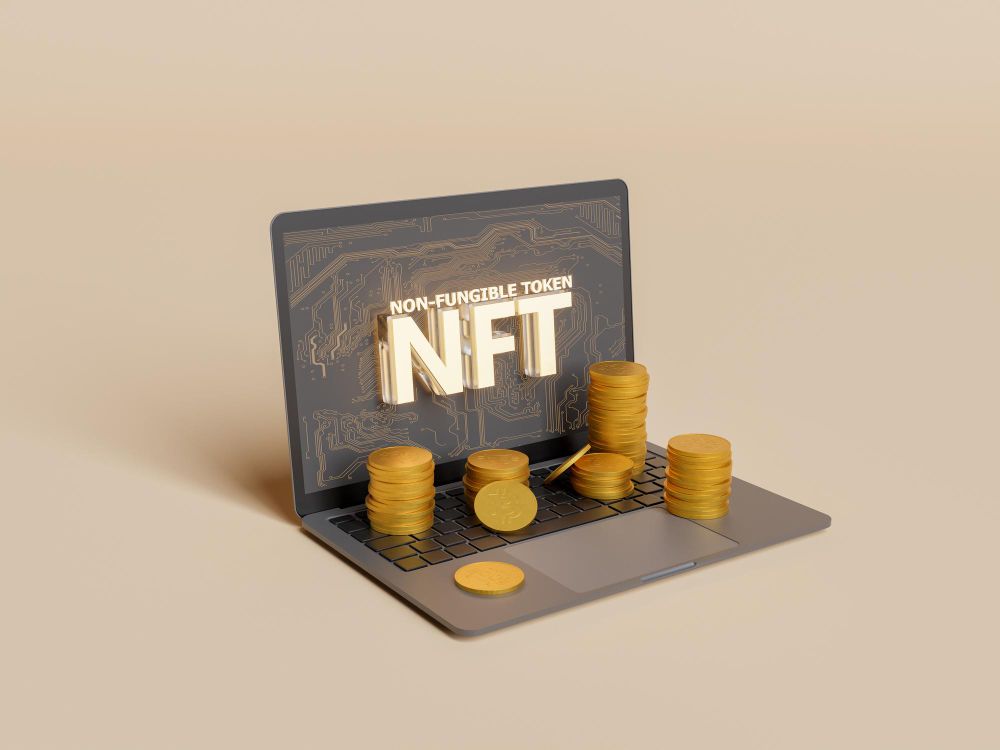5 Tips On Choosing a Non-custodial Wallet For Your NFTs
If you have decided to use a Non-custodial wallet to hold and trade your NFTs, you must keep the following tips in mind before choosing a service provider. Tip 1: Watch Out For Security

Non-fungible tokens (NFTs) hold an important place in the crypto world, as they offer several unique advantages over the usual fungible cryptocurrencies like Bitcoin or Ethereum. To effectively trade or hold NFTs, you'll need a secure and reliable wallet to manage your digital assets.
Both custodial and non-custodial wallets can be used to hold all crypto assets, including NFTs. However, non-custodial wallets have significant advantages in terms of asset security and control, as non-custodial wallet users are in complete charge of their private keys. If you have decided to use a Non-custodial wallet to hold and trade your NFTs, you must keep the following tips in mind before choosing a service provider.
Tip 1: Watch Out For Security
Typically, when using a non-custodial wallet, you are absolutely responsible for your security, as you are in charge of your private keys. Nevertheless, the wallet service provider must have some strong structures in place to ensure that your information isn’t compromised; these include:
- Strong encryption: The ideal non-custodial wallet should have military-grade encryption that ensures your data is never compromised.
- Open source code: An Open source code can be publicly investigated and audited to identify and fix security vulnerabilities.
- Backup and recovery phrases: It's important to have backup and recovery options in case you replace your device or forget your password.
Tip 2: Check Network Compatibility
NFTs are usually traded across several blockchain networks. Most commonly, Ethereum, Solana, BSC, Cardano, and more. It is important that your chosen wallet can support a wide range of blockchain networks to enable you to execute your transactions without any hassles. Hence, the ideal non-custodial wallet must have the following:
- Multi-Token support: The more tokens a wallet supports, the more options you'll have. In fact, you may not need some of the available options immediately; however, in the future, you may need to transact with more crypto assets than you initially started with.
- Multi-Chain support: As mentioned earlier, NFT transactions are executed across multiple networks, so choosing a wallet that supports the blockchain(s) you're interested in is important. Again, the more, the merrier.
- Cross-chain Interoperability: Some wallets allow you to execute transactions across multiple blockchains simultaneously. This could be very useful if you want to take advantage of opportunities on different chains. It’s still quite a rare feature, so it isn’t readily found yet.
Tip 3: Evaluate User-Friendliness
The user-friendliness of a wallet can make a big difference in how easy it is to manage your assets. Here are some factors to consider when evaluating user-friendliness:
- User Interface: An intuitive interface is something to look out for, as it makes the app easy to navigate.
- Account management: The ideal wallet should facilitate easy creation and management of multiple accounts within the same app, should you decide to separate your assets.
- NFT gallery: NFT galleries are not only pleasing to the eye, but they also make it easier to manage your collection.
- Transaction history: An active transaction history makes it possible to generate information that could better inform you on strategy.
Tip 4: Consider Wallet Fees
This is one of the most crucial parts of selecting a crypto wallet. You must be wary of fees so they don’t affect your profitability. When evaluating wallet fees, you should consider the following:
- Wallet Fees
- Deposit and Withdrawal fees
- Transaction fees
The wallet service provider determines the three listed above, and they can set it at any price they wish. However, the network fee is charged by blockchain miners who validate transactions; this cannot be waived.
Tip 5: Look for Additional Features
Finally, when choosing a non-custodial wallet for your NFTs, it's worth considering any additional features the wallet may offer. Here are some features to look for:
- On-Chain and Cross-Chain Swaps: This allows you to easily swap tokens on similar and different blockchain networks.
- dApp browser: This allows you to easily connect to web3 applications, such as decentralized exchanges, NFT trading platforms, etc.
- Blockchain domain support: Some wallets allow you to send and receive assets using blockchain domain names, such as .eth, .bnb, and .bitcoin.
Introducing Cwallet
Cwallet is a unique platform that allows users the opportunity to use a custodial and non-custodial wallet within a single app.
The Cwallet non-custodial wallet has a wide range of support, as it accepts over 800 tokens across 50+ chains, making it one of the most versatile wallets on the market. It also allows for cross-chain swaps, so you can move your assets between different blockchains without leaving the wallet.
Cwallet has a user-friendly interface that makes creating and managing multiple accounts easy. With an inbuilt NFT gallery, you can easily view and manage your NFT collection, seeing everything at a glance; hence, it is a great choice for managing your NFTs. Below are some more advantages of using Cwallet for your NFTs
- Easy setup
- Private key control
- Optimal security
- Zero wallet or transaction fees
- Allows transactions with blockchain domain names.
…among others.
Cwallet effectively ticks all boxes for the ideal non-custodial wallet, and if you are searching for the ideal NFT wallet, look no further!
Get started with the Cwallet Non-custodial wallet today, and enjoy all the benefits listed above and many more!